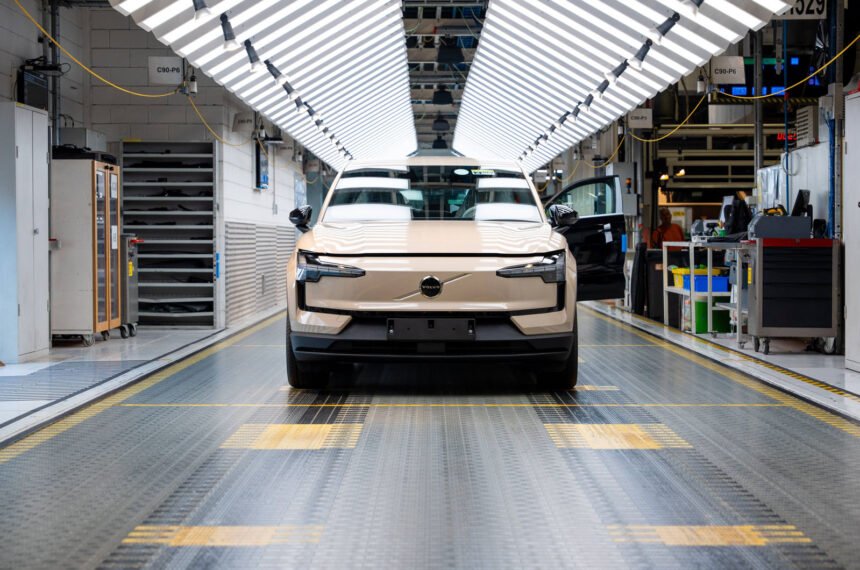Volvo Adapts to Regional Markets with New Business Model
Volvo is making strategic changes to its business model in order to better meet the demands of different markets and comply with varying legislation in Europe, the US, and China.
CEO Håkan Samuelsson, who was recently re-appointed, is leading the charge in devolving more power to Volvo’s businesses in China and the US, while also taking a more direct approach to steering its European operations from its headquarters in Sweden.
Samuelsson outlined these changes at the Financial Times Future of the Car event, following Volvo’s announcement of a global cost-cutting plan in response to a drop in sales and a challenging external environment.
Adapting to Market Demands
Volvo’s shift towards a more regionalised business model reflects the company’s commitment to adapting to the unique demands of each market it operates in. By giving more autonomy to its businesses in China and the US, Volvo aims to better cater to the specific needs and preferences of customers in these regions.
At the same time, by centralising its European operations in Sweden, Volvo can streamline decision-making processes and ensure a cohesive strategy across the continent.
Cost-Cutting Measures
The decision to implement a global cost-cutting plan underscores Volvo’s proactive approach to addressing challenges in the current business climate. By reducing expenses and increasing efficiency, Volvo aims to weather the storm of decreased sales and external pressures.
These cost-cutting measures, combined with the regionalised business model, position Volvo for long-term success in a competitive automotive market.
For more information on Volvo’s latest developments, visit Autocar’s Volvo car reviews.







